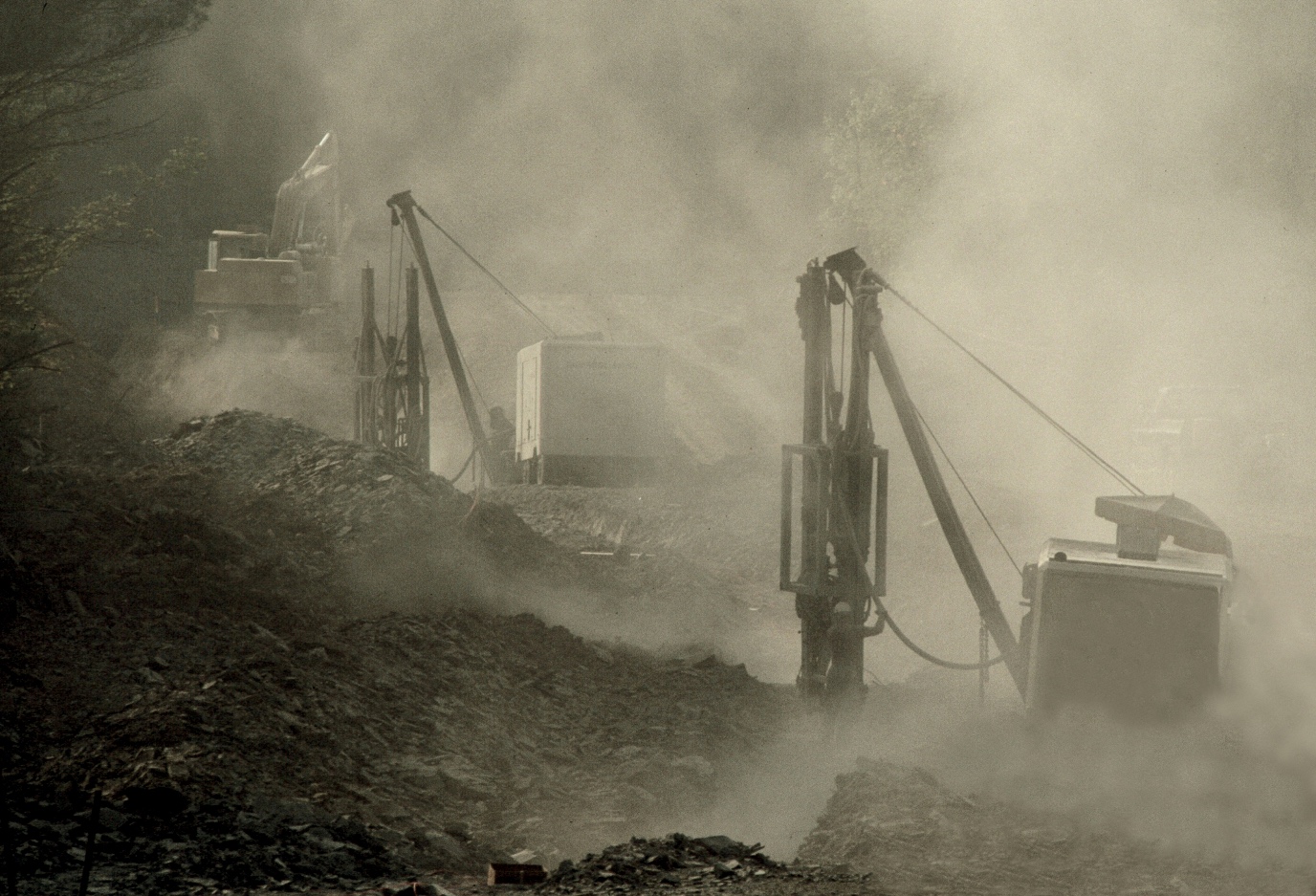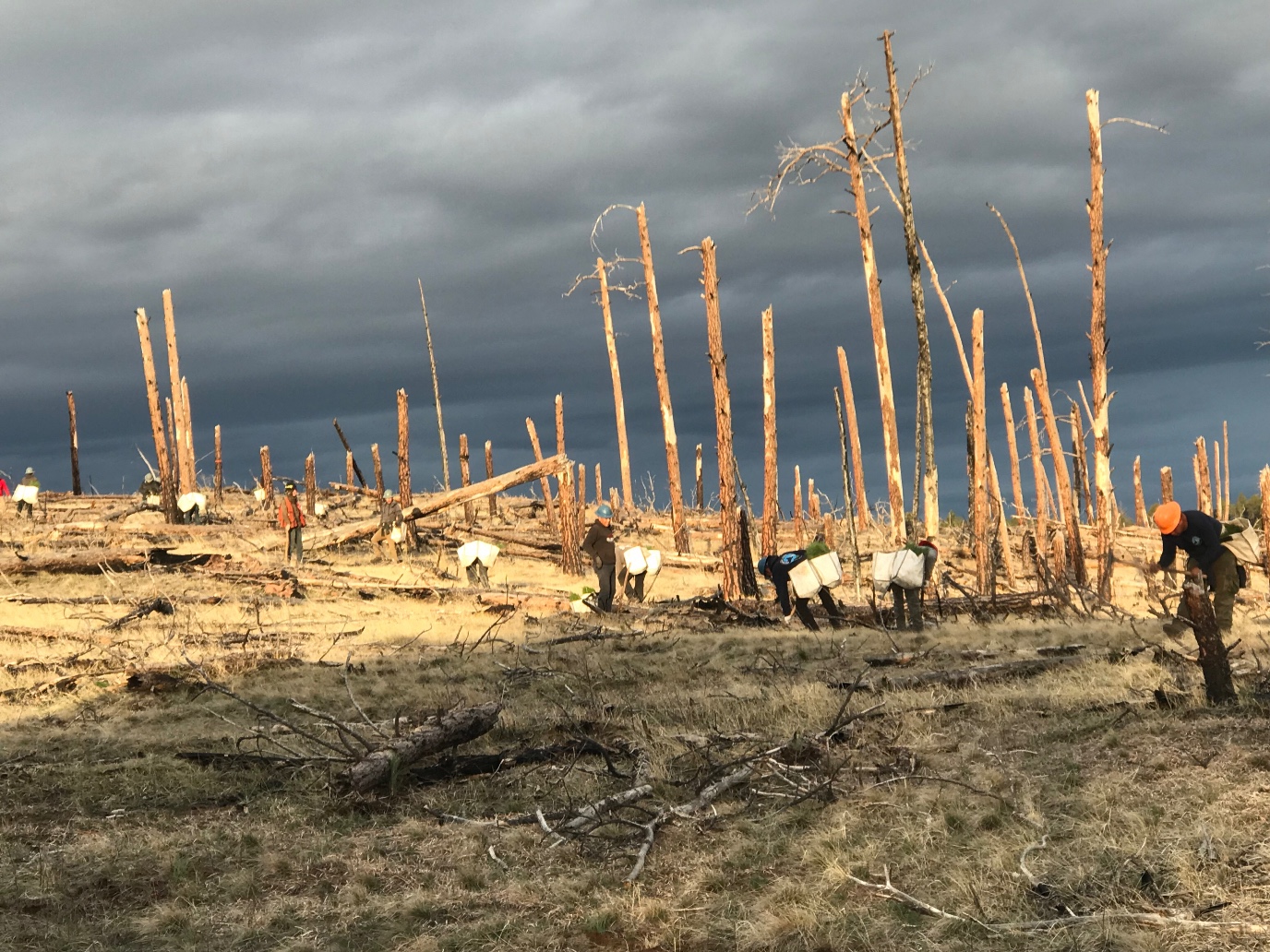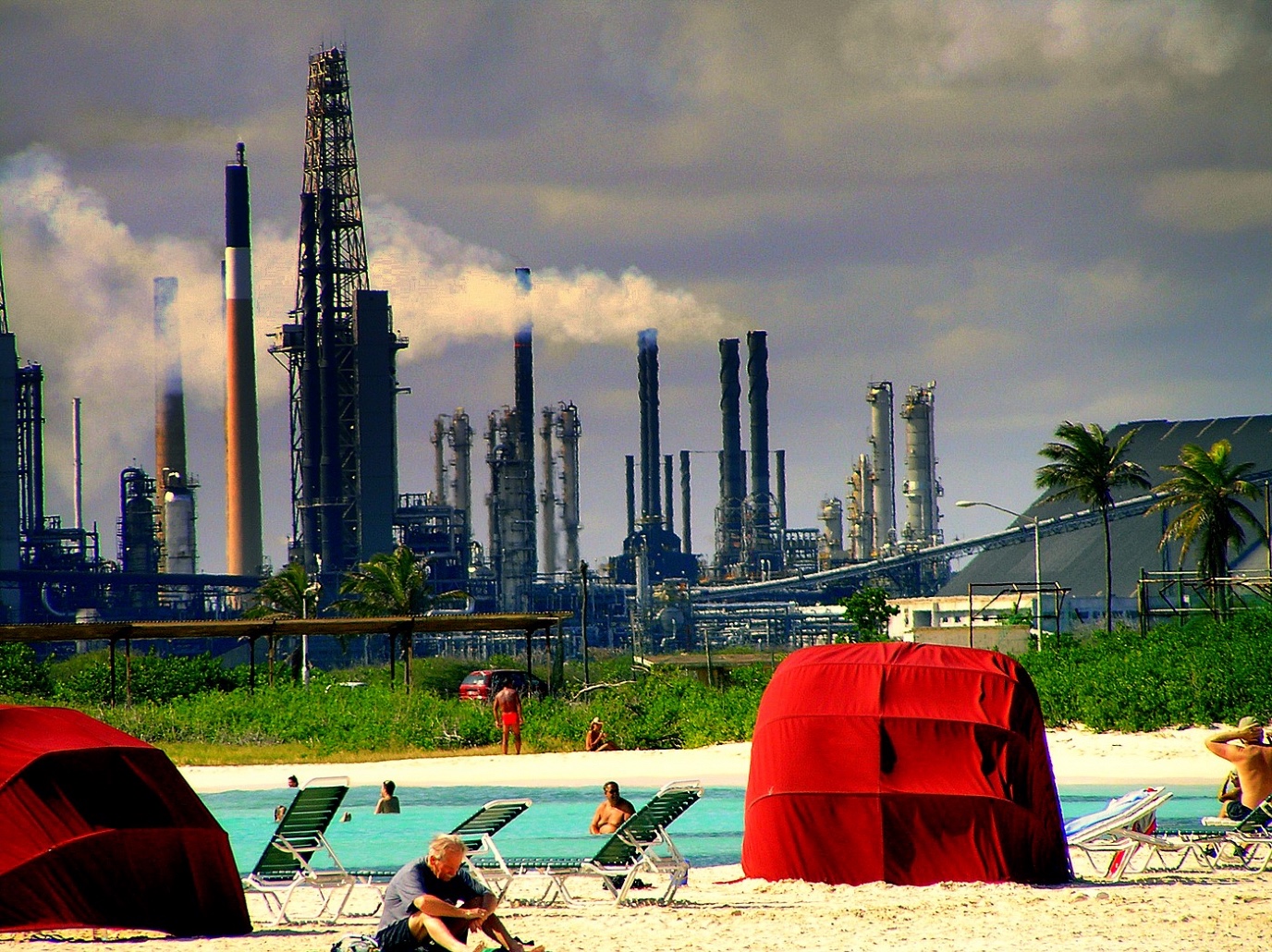Reduced working hours for a smaller carbon footprint?

‘The amount of CO2 that humans add to the natural carbon cycle is relatively small, but the effects are enormous,’ explains Professor of Ecological Economy Klaus Hubacek. He analyses the effects of various green solutions to reduce CO2 emissions — such as planting more trees, sharing cars, or working less — to find out whether they realize their intended outcome. Spoiler: almost everything has a downside, yes, even planting trees in some cases. And we keep transgressing planetary boundaries.
FSE Science Newsroom | Text Charlotte Vlek | Images Leoni von Ristok
This is the third and last article in a series about the carbon cycle: the cycle in which carbon is exchanged between the atmosphere and the ocean, and between plants and rocks. But this carbon cycle is being disrupted by the CO2 added to the atmosphere through human activity. In this article, you can read about what we could do to reduce our emissions.
Though the amount of carbon dioxide (CO2) we humans have added to the atmosphere may be relatively small compared to the entire carbon cycle, we have done so at breakneck speed. ‘Since around the 1950s in particular, we have seen a great acceleration,’ Hubacek describes. By burning fossil fuels, but also through intensive land use, we have released carbon back into the atmosphere that would otherwise have been locked in geological formations.

The rising temperatures that result from these CO2 emissions trigger various domino effects, Hubacek explains. ‘Due to extreme drought, the CO2 uptake of Amazonian forests stops, and they start emitting CO2 instead. And due to higher temperatures, the permafrost in Siberia melts, revealing peat bogs that contain a lot of carbon.’ In dry conditions, enormous peat fires occur, releasing a lot of additional carbon which results in even higher temperatures.
Our green resolutions
But do we not have some good resolutions? Solid plans, even, when it comes to sustainability? Take the European Green Deal, which aims to decarbonize Europe by 2050. Hubacek analysed what these plans mean for worldwide emissions and concluded that these European plans partly shift the problem rather than solving it. For instance, by planting trees or growing crops for biofuels in Europe, food production will have to move elsewhere, often leading to deforestation outside Europe.

Hubacek Lead Author for the seventh IPCC climate report
Klaus Hubacek was Lead Author for the sixth IPCC climate report that appeared in 2022. In an interview, he commented: 'We could have used the corona pandemic to invest in sustainable alternatives, but that didn’t really happen to the required extent.'
Hubacek will also contribute as Lead Author to the next IPCC report, which needs to be finished by 2029. Other contributors of the University of groningen are Linda Steg (Lead Author) and Prajal Pradhan (Coordinating Lead Author).
When people save money by not owning a car, they tend to spend it on something else, which often also impacts the environment in some way
Hubacek’s research often revolves around systemic calculations of well-intended sustainability plans. He looks at land use, the effects on biodiversity, and whether some sort of neo-colonialism arises. For instance, an electric car is certainly not unequivocally positive, because it requires the mining of rare earth metals in vulnerable regions. And even car-sharing has its downsides, Hubacek found in another study. 'That is because of the well-known rebound effect: when people save money by not owning a car, they tend to spend it on something else, which often also impacts the environment in some way.'
We consume too much

Hubacek concludes, ‘We simply consume too much. Even with all kinds of green solutions, we keep transgressing the boundaries of what the planet can handle. For instance, we develop new forms of green energy, such as wind turbines and solar panels, but we haven’t managed to cut back on fossil energy.’ So what we really need to do is simply use less energy. At the same time, we need to allow those who do not have sufficient levels of consumption to achieve decent living standards.
More time for pottering around in the garden
Consumers need guidance to help them achieve less polluting lifestyles
Hubacek certainly does not want to place all the responsibility on the consumer. ‘Consumers need guidance to help them achieve less polluting lifestyles. Instead of high taxes on labour, the government could tax CO2 emissions or heavily polluting items.’ Some people are motivated by these kinds of “punishments” for CO2 emissions. Others are more motivated by social initiatives, such as a repair café or a form of community-supported agriculture, Hubacek explains. ‘The government could do more to facilitate these kinds of initiatives.’

Hubacek: ‘But people are also busy, with work, with the kids. So we thought: what if we reduce working hours? That would give people more time to spend on such community projects.’ Again, Hubacek analysed the expected effects. The conclusion is not unequivocally positive, unfortunately: ‘It makes a significant difference, of course, whether you spend your extra leisure time pottering around in the garden or take a plane for a long weekend away.’
Read more:
‘Fortunately, seawater absorbs carbon dioxide (CO₂). If it didn’t, things would have been over and done with already,’ according to climate and ocean researchers Richard Bintanja and Rob Middag. But what actually happens to the ocean's carbon absorption as the climate changes?
Earth's natural carbon cycle becomes unbalanced if we, humans, continue to release extra carbon dioxide (CO2) into the atmosphere. In this overview article about the carbon cycle, you can find out how Earth generally keeps itself in balance and how we, humans, have upset this balance over the past two hundred years.
In the year 2000, Harro Meijer, Professor of Isotope Physics at the University of Groningen, set up the Lutjewad Measurement Station near Hornhuizen. There, researchers from Groningen are mapping where CO2 in the atmosphere originates and where it ends up.
More news
-
14 January 2026
What the smell of the sea does to the clouds above Antarctica
-
13 January 2026
New framework verifies AI-generated chatbot answers
